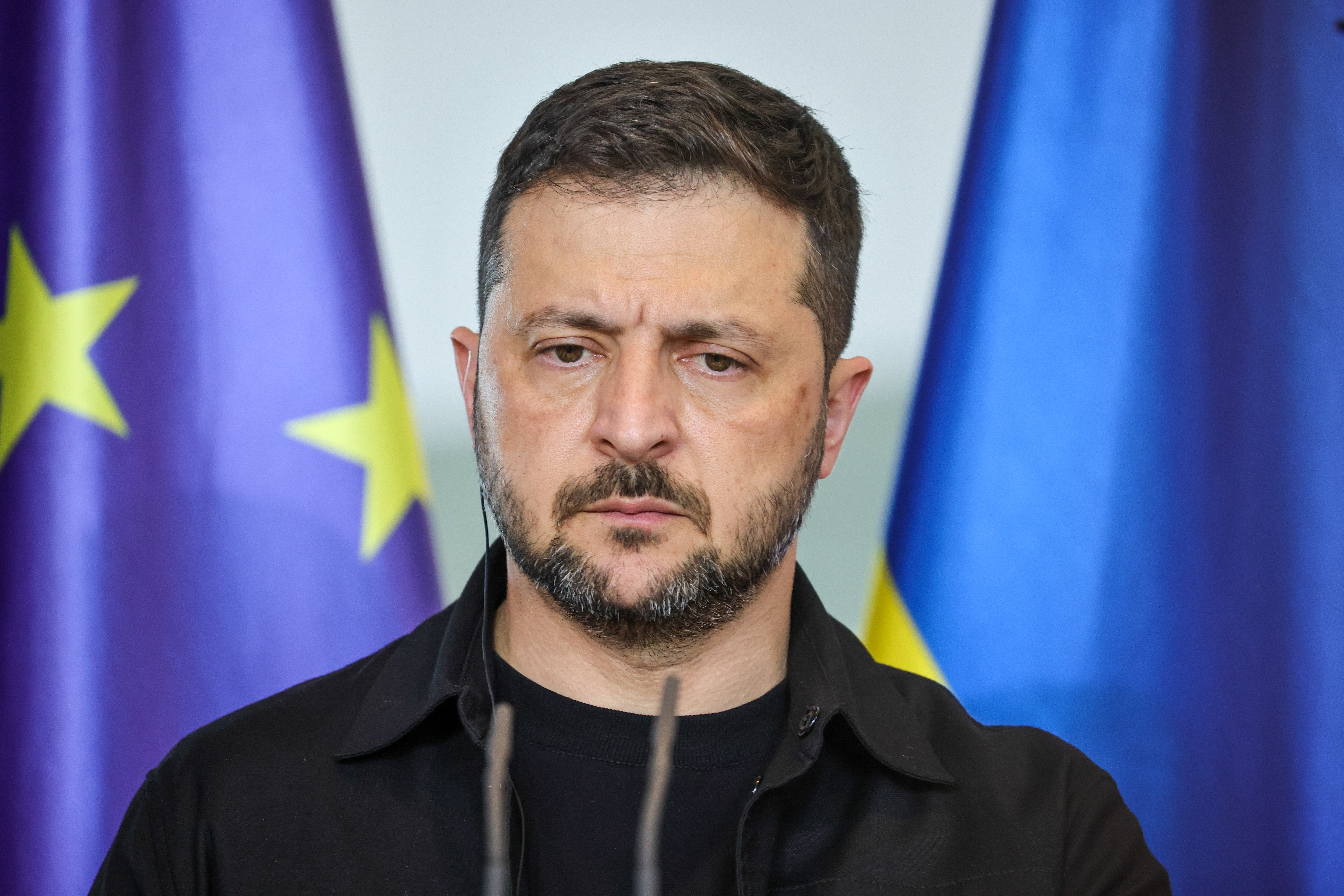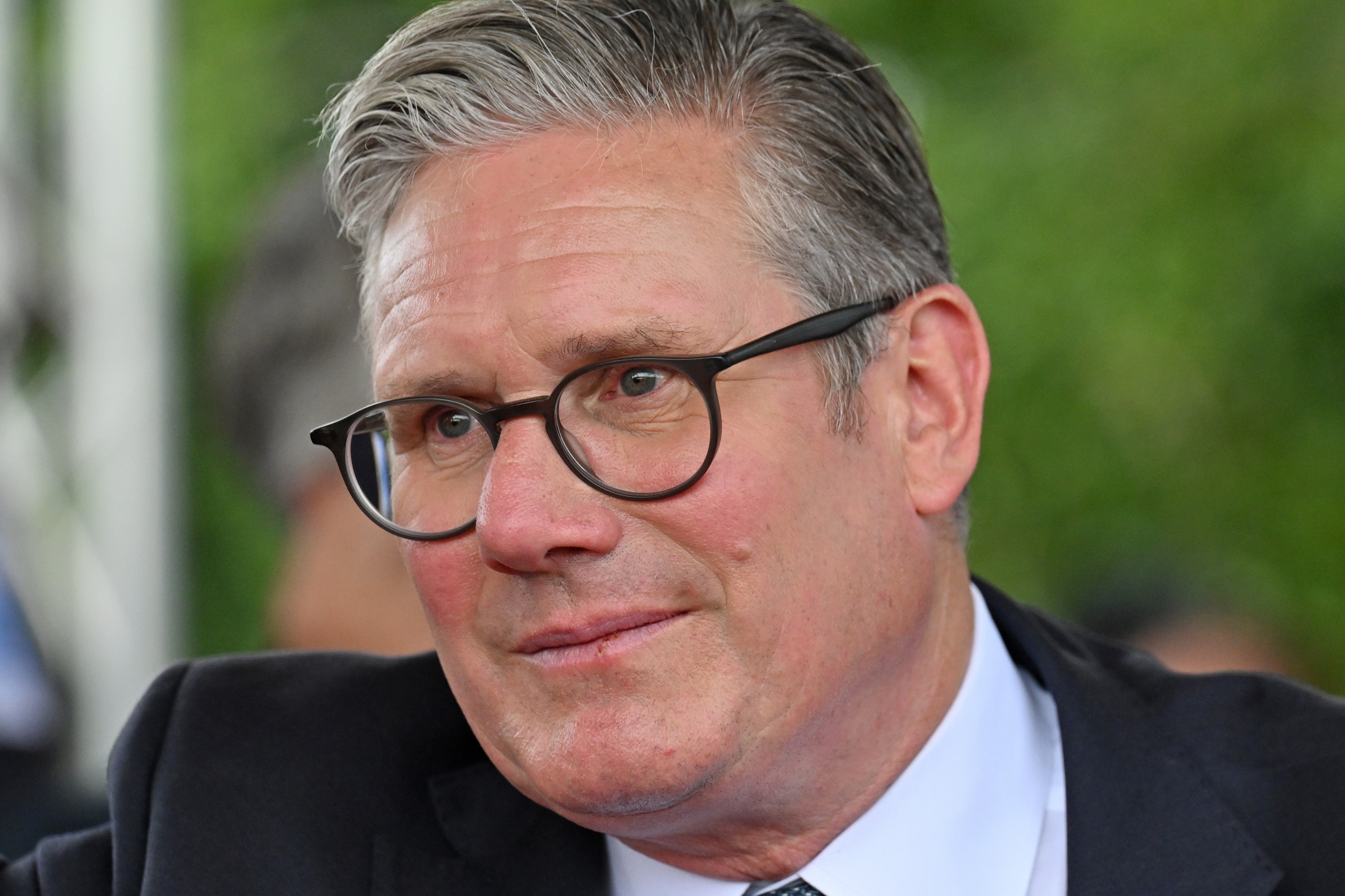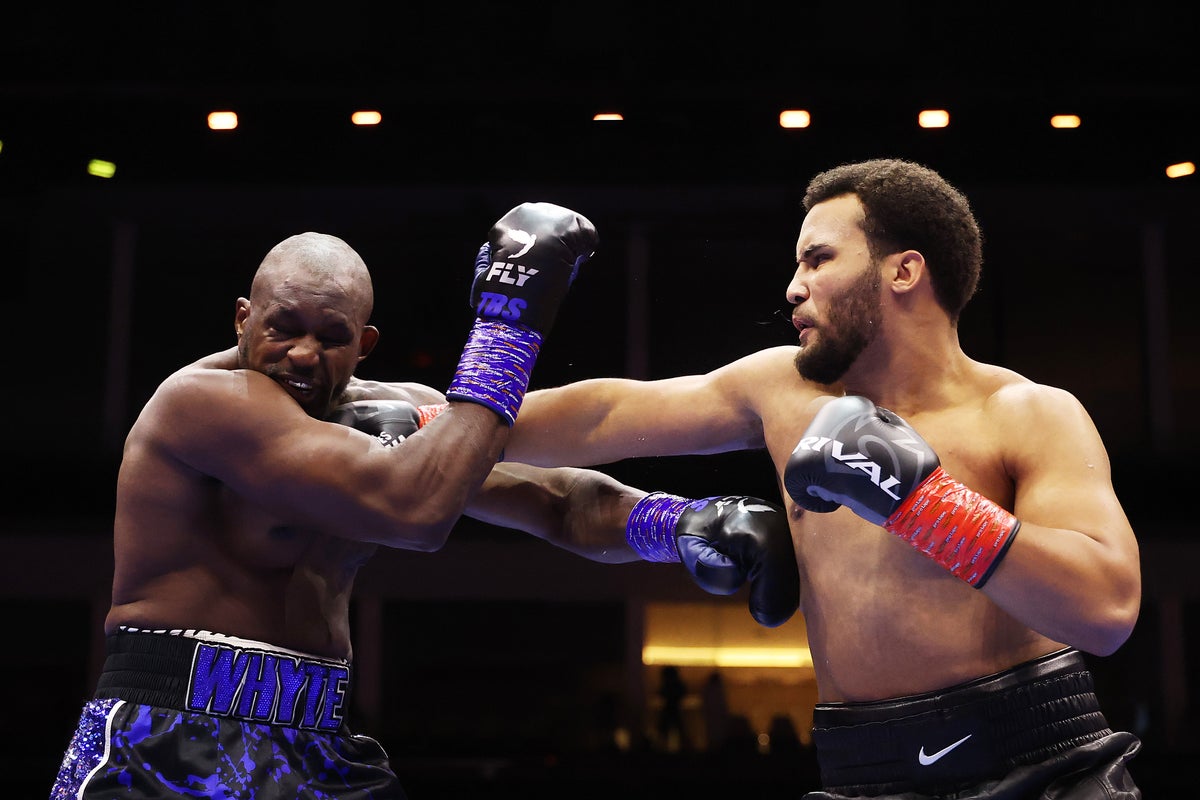Vladimir Putin is demanding Ukraine surrender the eastern Donetsk and Luhansk provinces as a condition for ending the war.
The Russian leader told Donald Trump that he would be prepared to stop fighting on the rest of the frontline if Ukraine gave in to the demand and addressed the “root causes of the conflict”.
The concessions were discussed at the highly anticipated summit of the two leaders in Alaska on Friday, which ended with no peace deal despite nearly three hours of talks.
Sources close to the meeting told The Independent that the dramatic move appears to have been endorsed by Mr Trump as a means to bring an end to the war.
They said that Ukrainian president Volodymyr Zelensky would want to “clarify this on Monday” when he meets with Mr Trump in Washington DC.

Mr Putin’s condition for Ukrainian troops to withdraw from Donetsk and Luhansk, which make up the Donbas region, follow circulated reports on the demand ahead of Friday’s summit.
The Russian president also said he would freeze the frontline in the southern regions of Kherson and Zaporizhzhia, where his forces occupy a large territory.
However, Putin made it clear that he would not fall back on core demands to “resolve root causes of the conflict”, that includes Ukraine becoming a neutral state and abandoning Nato aspirations.
The Donetsk region has been the centre of much of recent fighting, with Russian troops making a sudden thrust near the eastern town of Dobrophillya in the days before the summit.
While Russia controls almost all of Luhansk, it holds about 70 per cent of Donetsk.
Last week, Mr Zelensky insisted he would reject any proposal to withdraw from the industrial Donbas region, claiming it would “open a bridgehead” for a wider Russian offensive.
All eyes will now turn to his meeting with Mr Trump on Monday.
After Friday’s summit, the US president said a permanent peace deal was now the best way to end the war, appearing to abandon aims at the summit for a ceasefire agreement.
He also told Fox News that he would advise Mr Zelensky to make a deal. “Yeah. Look, Russia is a very big power, and they’re not,” he said when asked what he would say.

Speaking ahead of Monday’s meeting, Mr Zelensky said: “I plan to discuss all the details regarding the end of the killings, the end of the war with President Trump in Washington on Monday. Grateful for the invitation.”
On Saturday, Putin, who also plans to visit Washington to meet Mr Trump, said Friday’s meeting was “timely” and “useful”. The US and Russia are now “closer to making appropriate decisions”, Putin added.
Meanwhile, European leaders have been piling pressure on Mr Trump not to cave to Putin’s demands.
They also support Mr Zelensky in his demand for security guarantees as part of a peace deal, to deter Russia from invading again in the future.
Sir Keir Starmer and leaders from Italy, France and Germany were also on the call with Mr Zelensky during a conference call with the US president after Friday’s summit.

Italian prime minister Giorgia Meloni said the security guarantees – inspired by the transatlantic Nato alliance’s Article 5 – had been the most interesting development at the summit.
Speaking at the press conference after the summit, Putin, who has hitherto opposed involving foreign ground forces, said he agreed with Mr Trump that Ukraine’s security must be “ensured”.
On Sunday afternoon, the coalition of the willing, a group of countries that have pledged to protect Ukraine, including the UK, will meet. The prime minister, France’s Emmanuel Macron and Germany’s Friedrich Merz will host the meeting. The coalition, made up of 30-plus nations, is prepared to deter Russian aggression by putting troops on the ground in Ukraine once the war is over.
In a statement on Saturday, Sir Keir said: “President Trump’s efforts have brought us closer than ever before to ending Russia’s illegal war in Ukraine. His leadership in pursuit of an end to the killing should be commended. While progress has been made, the next step must be further talks involving President Zelensky”.




